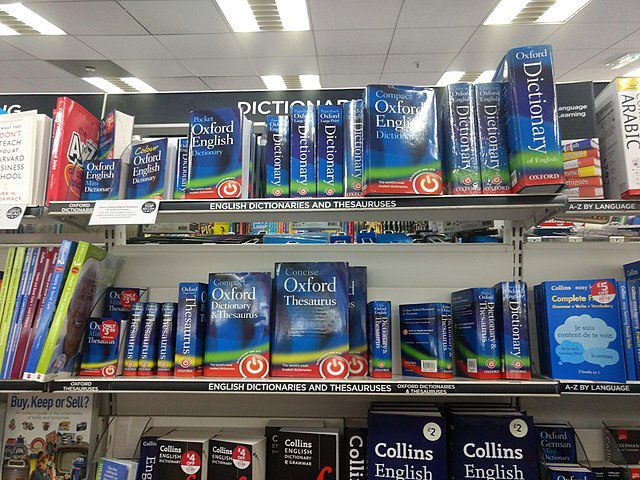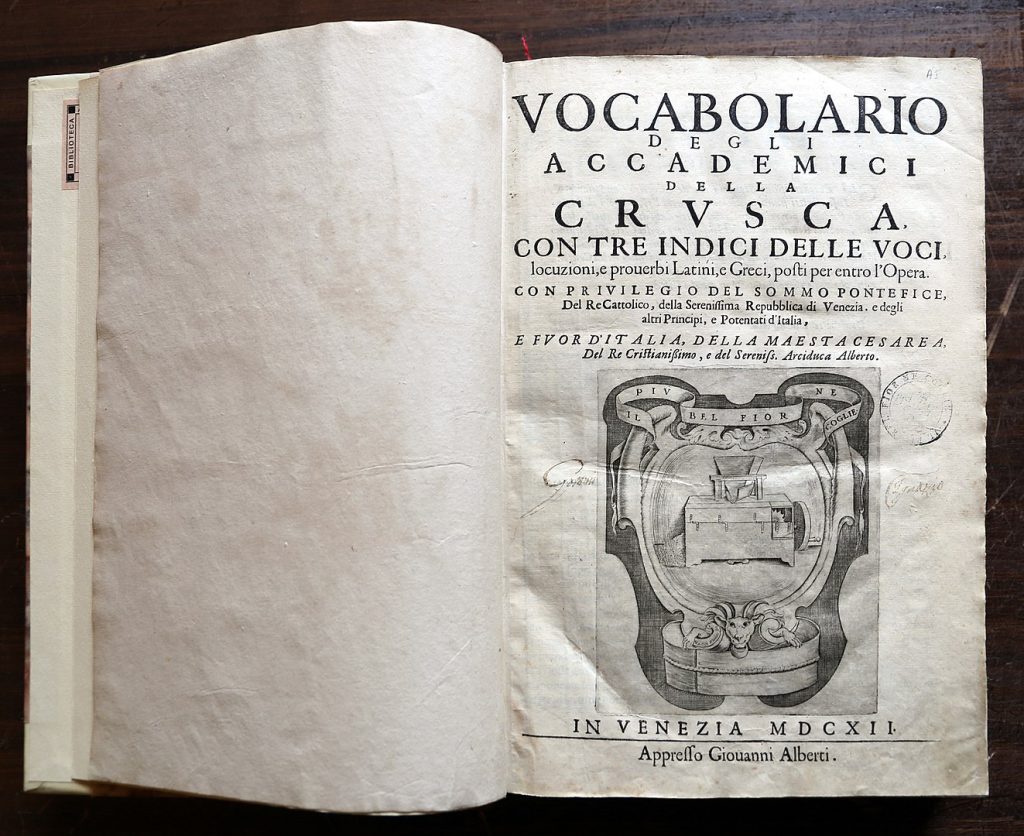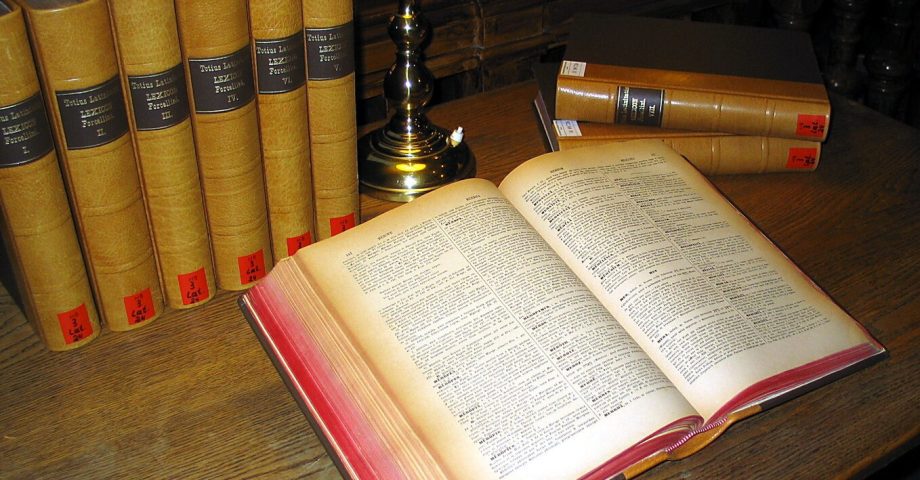We all need help from a dictionary sometimes – and we all had to take time to learn how to use them when we were kids. Dictionaries are some of the most useful and underrated tools we have. These tomes of words and definitions are pretty overlooked sometimes – and we think it’s time they get their moment in the limelight! Here are some fun facts about the dictionary that are worth keeping in mind!
1. The definition of the book of definitions!
As most of us know, a dictionary is a reference book or online resource that provides definitions, spellings, pronunciations, and other information about words and terms used in a language. Many dictionaries also include maps and other fun notes!
2. It’s actually an ancient concept.
Believe it or not, dictionaries have long been around! In fact, they date back thousands of years! The earliest known dictionaries were found in ancient Mesopotamia and Egypt, where lists of words and definitions were compiled on clay tablets and papyrus scrolls.
3. When was the first English dictionary produced?
The first comprehensive dictionary of the English language is considered to be Samuel Johnson’s “A Dictionary of the English Language,” published in 1755. It was a landmark achievement and set the standard for future dictionaries.

4. What is lexicography?
When it comes to dictionaries, lexicography is essential! It is the practice of compiling and editing dictionaries. Lexicographers study language, word usage, etymology, and other aspects to create accurate and comprehensive dictionaries.
5. And what about etymology?
One of the best things about dictionaries is that they often include information about the origins and etymology of words. This helps to provide insights into their historical development and linguistic roots!
6. Dictionaries spread far and wide.
Many languages have their own dictionaries – as a result, users can more easily translate words and phrases between different languages. Bilingual and multilingual dictionaries are valuable tools for language learners and translators.
7. What’s a thesaurus?
As much as it sounds like a type of dinosaur, a thesaurus is actually another useful tool in some dictionaries! A thesaurus provides synonyms (words with similar meanings) and antonyms (words with opposite meanings) for a given word, and can be found in many dictionaries, too.
8. Dictionaries have gone online in recent years, too.
Be honest, when was the last time you used an actual physical dictionary when needing to research a word? With the advent of the internet, dictionaries have become widely accessible online. That is why when most of us need help with words, be it for translation, definitions, synonyms, or more, we turn to the internet before books!

9. Dictionaries are highly specialised now.
Since the world is full of various subjects and fields, it should come as no surprise that many of us need specialised dictionaries to help us with our work! Medical dictionaries, legal dictionaries, technical dictionaries, and slang dictionaries are all commonly used specialised tomes!
10. They’ll probably never stop evolving.
As old and set in their ways as they may seem, one of the most interesting things about dictionaries is that they are ever-evolving! New words are constantly added to dictionaries to keep up with evolving vocabulary, including slang, technical terms, and neologisms. For example, the word “internet” did not exist in your grandmother’s first dictionary! Neither did “cyberpet,” “emoji,” or “selfie,” we’d wager!

FAQs about the Dictionary
What is the most accurate dictionary?
For the English language, many consider the Oxford English Dictionary (OED) to be the most complete and accurate record of the English language. However, Collins also provides a dictionary that’s well-loved and well-regarded.
Can I read a dictionary online?
Yes, you can! In fact, plenty of dictionaries online are free and very easy to access. You’ll also find plenty of dictionary apps to download for smartphones and tablets, too.
Is the Cambridge Dictionary better than the Oxford Dictionary?
Although both are considered to be prestigious dictionaries of the English language, theyare not exactly the same! The Cambridge Dictionary is said to give more practical examples and explanations of how to use the words in a sentence.
Further reading:
https://public.oed.com/history/
https://www.bl.uk/collection-items/samuel-johnsons-a-dictionary-of-the-english-language-1755
Do you know any fun facts about the dictionary? Share them in the comments below!









